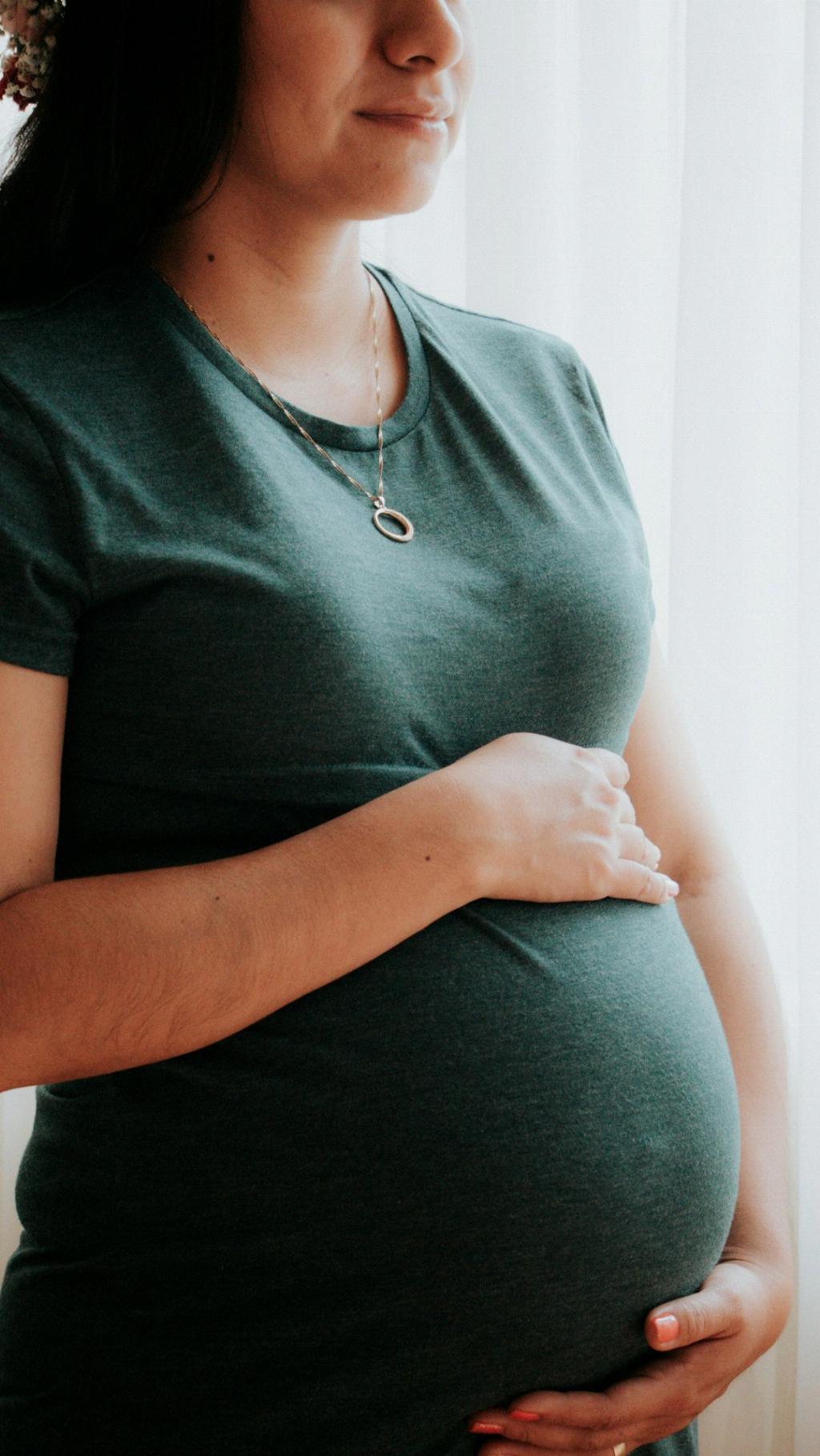After the miraculous journey of pregnancy and childbirth, many new mothers are understandably eager to understand when their fertility will return. The timeline for regaining fertility can vary depending on various factors, with one significant influencer being whether the mother is breastfeeding or not.
Fertility and Breastfeeding
If you are breastfeeding your baby, the hormones involved in milk production can have a substantial impact on your ovulation cycle. These hormones may delay the return of ovulation, which is the release of an egg from the ovaries necessary for conception.
Postpartum Ovulation after Breastfeeding
For women who breastfeed exclusively, it is common for ovulation to be suppressed for a more extended period. Typically, the return of ovulation may be delayed for several months, with some women experiencing the resumption of regular cycles only after they have completely weaned their baby.
Ovulation Postpartum without Breastfeeding
In contrast, for mothers who are not breastfeeding, the timeline for the return of fertility may be shorter. Ovulation can potentially resume as early as six weeks following childbirth, though this can vary among individuals.
Factors Impacting Fertility
It’s essential to recognize that each woman’s body is unique, and factors beyond breastfeeding play a role in the return of fertility postpartum. Overall health, stress levels, and individual hormonal balances can all influence when ovulation restarts.
Consulting a Healthcare Provider
If you are curious about your fertility status after giving birth, discussing your concerns with a healthcare provider can offer valuable insights. They can provide personalized guidance based on your specific circumstances and help you make informed decisions regarding family planning.
Tracking Ovulation
For those looking to conceive again or simply wanting to monitor their fertility postpartum, tracking ovulation can be a helpful tool. Methods such as tracking basal body temperature, cervical mucus changes, or using ovulation predictor kits can offer indications of when ovulation is likely to occur.
Return of Menstrual Periods
The return of regular menstrual periods is often a sign that ovulation has resumed. However, it’s crucial to note that the first few cycles postpartum may be irregular as your body adjusts to hormonal changes.
Birth Control Considerations
For women not ready to conceive again soon after giving birth, discussing birth control options with a healthcare provider is essential. There are various contraceptive methods available that can help prevent unintended pregnancies while allowing you to plan for future pregnancies when the time is right.
Nutrition and Fertility
Ensuring proper nutrition and overall well-being can positively impact your fertility postpartum. A balanced diet rich in nutrients, regular exercise, and adequate hydration can support your body as it recovers from childbirth and prepares for potential future pregnancies.
Emotional Considerations
It’s natural to experience a range of emotions regarding fertility after giving birth. Whether you’re eager to conceive again or uncertain about future plans, giving yourself grace and acknowledging your feelings is essential for overall well-being.
Conclusion
The journey to regain fertility after giving birth is a unique and personal experience for every woman. By understanding the factors that influence ovulation postpartum, seeking guidance from healthcare professionals, and prioritizing self-care, you can navigate this phase with confidence and empowered decision-making.

